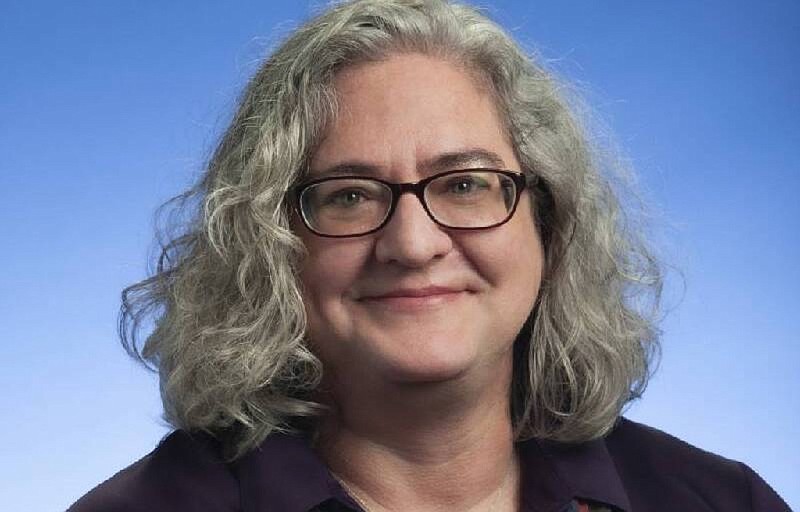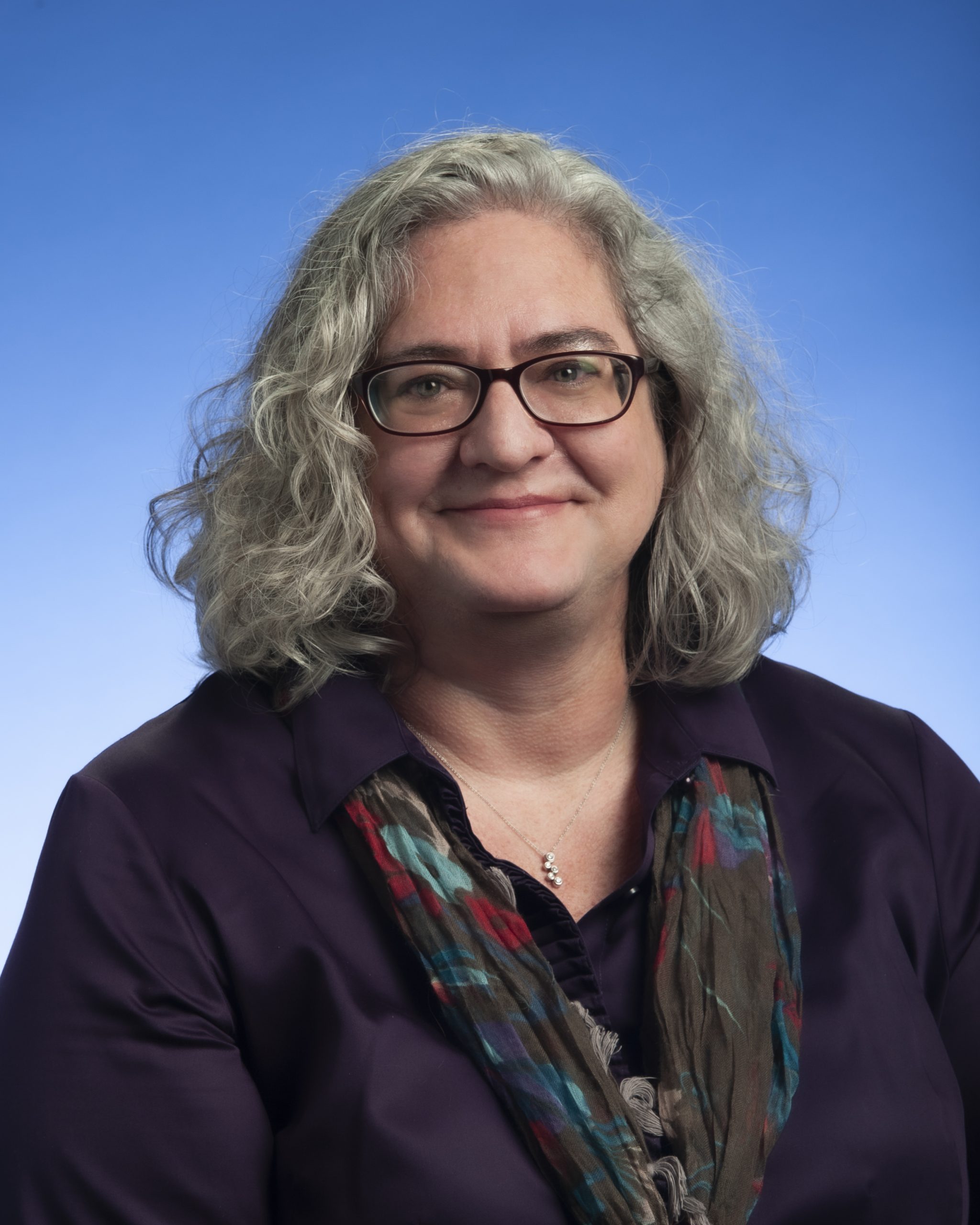Dr. Adele Lewis has spent her career documenting death.
As Tennessee's chief medical examiner - and a former deputy chief medical examiner in Nashville - Lewis works out of a downtown Nashville state office building and sometimes at home during the pandemic, overseeing a staff responsible for collecting information on how Tennesseans die and transmitting it to the federal government.
In a year in which more than 4,600 Tennesseans have lost their lives to COVID-19 since March, Lewis has spent more time reviewing death certificates than at any other point in her years of service.
"I have looked at every single (COVID-19) death certificate," she said last week. "When you're looking at 4,000 COVID deaths and climbing, it's disheartening."
Lewis doesn't routinely review thousands of death certificates herself.
But a key function of her office is ensuring that certificates list an accurate cause of death. That information is conveyed to the U.S. Centers for Disease Control and Prevention, where it is specifically coded. Those codes are used as the source of national, regional and state mortality data that provide roadmaps for a wide range of public policy interventions, and state and federal dollars.
And what Lewis has found is that the certificates of death, which are typically filled out by physicians in the case of COVID-19 deaths rather than county medical examiners, are sometimes riddled with inaccurate information.
The correct way to fill out the cause of death for someone a physician has concluded died from coronavirus is "COVID-19," "SARS-CoV-2," or "novel coronavirus 19." That's not always what Lewis sees.
"Some just say 'coronavirus,'" she said. "We even have one that said 'Wuhan virus.'"
County medical examiners determine the cause of death in any case involving a homicide, a suspected homicide, a suicide, or a violent, unnatural or suspicious death.
Of Tennessee's physicians, 46% of those who responded to a March 2020 survey said they had never received formal training on death certification and nearly 90% said they needed it.
But physicians - ER doctors, primary care physicians and specialists - are responsible for documenting most other deaths, including COVID-19.
"A lot are incorrect," Lewis said.
The challenge in ensuring that physicians fill out death certificates accurately has long predated COVID-19.
In a March 2020 survey sent out to the 5,579 physicians in Tennessee who are responsible for filling out death certificates, 46% of those who responded (about 800) said they had never received formal training on death certification. Between 20% and 30% said they had "no confidence" in their ability to describe the death certification process.
In what turned out to be fortuitous timing, Lewis and her colleagues secured a grant in January from the National Network of Public Health Institutes to train doctors across the state in properly filling out death certificates through a series of webinars this year.
The funding was intended to provide the state's physicians with education on filling out death certificates related to fatalities during natural disasters, but Lewis and her colleagues updated their presentations to include COVID-19.
Lewis often emails individual doctors about more accurately documenting deaths on the certificates they have filled out.
The education, Lewis noted, is not about reclassifying deaths that are not caused by COVID-19. There are myths she has heard that deaths from traffic accidents or gunshot wounds are being classified as COVID-19 deaths if a person was positive for the virus at the time of death.
That's not true, Lewis said.
There's also a myth that listing COVID-19 as a cause of death on a death certificate brings in more federal money.
"I told the governor I'd have a better car if that's true," Lewis said.

